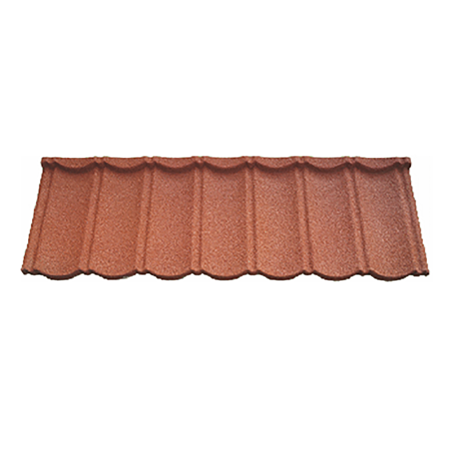
Set . 19, 2024 16:08 Back to list
High-Performance Asphalt Composite Solutions for Durable Infrastructure
Understanding Asphalt Composites Their Composition, Benefits, and Applications
Asphalt composites play a crucial role in the construction and maintenance of roads, highways, and various infrastructure projects. These materials, primarily composed of asphalt binder and aggregate, are designed to provide durability, flexibility, and strength, making them indispensable in modern civil engineering.
Composition of Asphalt Composites
At its core, an asphalt composite consists of two main components asphalt binder and aggregates. The asphalt binder, a petroleum-derived product, acts as the glue that binds the aggregates together, creating a cohesive material. The aggregates, which can range from fine sand to larger gravel-sized stones, provide the structural integrity and load-bearing capacity necessary for the pavement.
Additives may also be incorporated into the mix to enhance performance characteristics. These can include polymer modifiers, which improve elasticity and resistance to cracking, and anti-stripping agents that promote adhesion between the asphalt and aggregates, particularly in wet conditions.
Benefits of Asphalt Composites
One of the most significant advantages of asphalt composites is their versatility. They can be engineered to meet specific performance requirements based on the intended application. For instance, hot mix asphalt (HMA) is commonly used for surfaces that require high strength and durability, such as highways and airport runways. Warm mix asphalt (WMA), on the other hand, allows for lower production temperatures, reducing fuel consumption and greenhouse gas emissions without compromising quality.
asphalt composite

Moreover, asphalt composites offer excellent resistance to weathering, traffic wear, and fatigue, ensuring a longer lifespan for pavements. The flexibility of the material allows it to expand and contract with temperature fluctuations, minimizing the risk of cracking. Additionally, asphalt surfaces can be recycled easily, making them an environmentally friendly option in construction. Reclaimed asphalt pavement (RAP) can be reused in new mixes, conserving resources and reducing landfill waste.
Applications of Asphalt Composites
Asphalt composites are predominantly used in road construction, accounting for a significant portion of the world’s paved surfaces. Their applications extend beyond highways; they are also employed in local roads, parking lots, and driveways. In addition to traditional uses, innovative applications such as porous asphalt pavement have emerged, which helps manage stormwater by allowing water to drain through the surface, reducing runoff and minimizing flooding.
Furthermore, the advancements in asphalt technology have led to the development of high-performance composites that can withstand the demands of modern traffic loads and environmental conditions. These include rubberized asphalt, which incorporates recycled tires, and thin overlays designed for maintenance purposes.
Conclusion
In summary, asphalt composites are vital components of contemporary infrastructure, providing a robust and adaptable solution for pavement construction and maintenance. Their composition, benefits, and broad applications underscore their importance in creating sustainable and efficient road networks. As technology continues to evolve, the potential for innovation in asphalt composites remains promising, paving the way for even more effective and environmentally responsible materials in the future.
-
Architectural Asphalt Shingles | Laminated & Durable
NewsAug.06,2025
-
Premium Stone Coated Metal Roof Tiles | Spain Tile
NewsAug.05,2025
-
Types of Roof Shingles: Durable Styles & Materials
NewsAug.04,2025
-
Different 3 Tab Shingles Types | Affordable & Durable Roofing
NewsAug.03,2025
-
Premium Round Asphalt Shingles: Durable & Elegant Roofing
NewsAug.01,2025
-
Eco-Friendly Clay Tiles | AI-Enhanced Durability
NewsJul.31,2025







